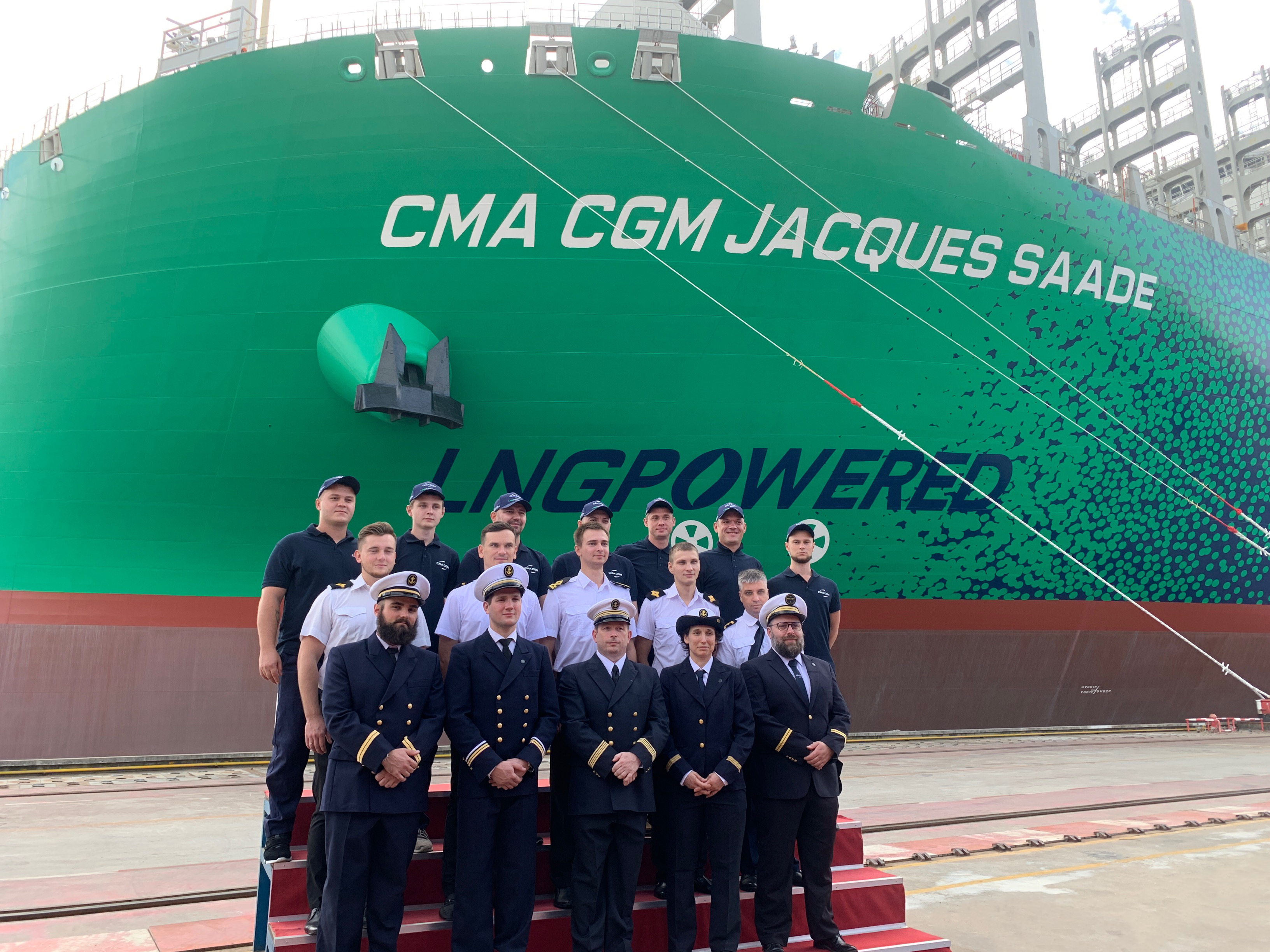
Maersk doubles capacity on weekly ocean-rail service in Asia/Europe routes
Maersk is announcing an increase of up to two departures per week in its AE19 service in order to establish more supply chain flexibility in the Asia/Europe routing options in response to the effects of COVID-19.
The AE19 operation is a mix of ports in Korea, China and Japan and Northern European ports in Finland, Poland, Germany and Scandinavia for short-sea and intercontinental railway goods. For dry, refrigerated and dangerous cargo, the service serves both west and eastbound directions.
“The pandemic has triggered some trade bottlenecks in Europe that we can help solve by offering to our customers higher levels of supply chain management e.g. further developing rail into a cost efficient, reliable and scalable mode of transport between continents, creating fall back options which seems to be crucial in crisis situations,” comments Zsolt Katona, Managing Director, Eastern Europe.
TradeLens, a digital platform built by Maersk and IBM, is enabled by AE19, which provides shipping data directly from the source of each party involved in near real-time while directly connecting this rail corridor to its existing international transport service provider ecosystem.
The AE19 incorporates a short-sea connection between the Asian ports of origin in Korea, Japan or China and the Russian Far East port of Vostochny, followed by an 11-day intercontinental rail link through Russia from Nakhodka to St. Petersburg.
Another short-sea connection between St. Petersburg and ports in Finland (Helsinki and Rauma), continental Europe, such as Gdansk (Poland), Bremerhaven (Germany), or Scandinavia, is the final leg of the product.
Maritime Business World






YORUM KAT